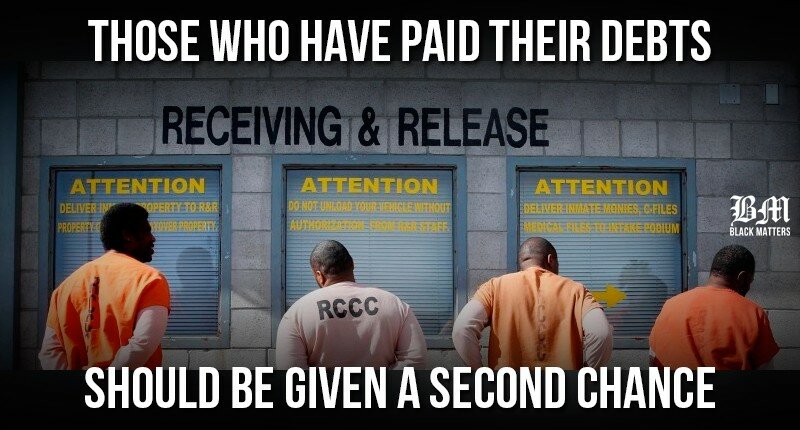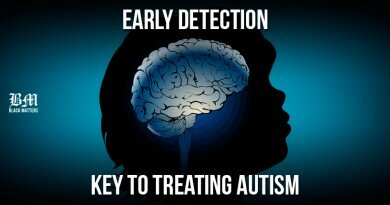Challenges Newly Released Convicts Face
Life in prison is very different from life outside, but we need employers to make a commitment to hire formerly incarcerated people.
It came as no surprise to the American people, especially African-Americans, when President America included prison reform in his ambitious and broad agenda.
“The United States’ criminal justice system faces significant challenges. Over the past 25 years, the U.S. prison and jail population reached an all-time high and the number of people on probation and parole doubled,” according to the White House’s website.
Last year, Obama granted amnesty to several Black people who received long jail terms because of unfair mandatory minimum sentences enforced by the war on drugs.
However, many of these free men and women face serious challenges in reintegrating into a drastically changed.
According to Yosha Gunasekera, a New York City criminal defense attorney, “reintegrating into society after a conviction is incredibly difficult, because while in prison individuals may have lost their housing, jobs, or even custody of their children,” and are faced with extremely alienating social stigma of being ex-convicts upon their released.
Some of the major challenges ex-convicts face include housing problems, overcoming the stigma of serving time, and difficulties with finding a job.
Gunasekera noted that Individuals who have been convicted of crime may not be able to live with their family members, leaving them nowhere else to turn to, but public shelter. They are stigmatized, and for some finding employment is almost impossible because their criminal records “follow them around for the rest of their life.”
However, the New York-based attorney believes with policy reforms formerly incarcerated people could be helped to fit in to society and live a decent life.
Per Gunasekera, the first step in ensuring these policy changes is recognizing that the current system of mass incarceration, which unfairly punishes the poor and people of color, does not work.
She added that this can be followed by policies that will target biases like the sentencing of crack cocaine versus powder cocaine, and prioritizing rehabilitation over punishment.
These measures alongside many others would help reduce the recidivism rate and the devastating impact the war on drugs has had on the Black community.
Ensure to visit this page for all exclusive updates and uncensored news. Kindly SHARE this article on any social media of your choice.






